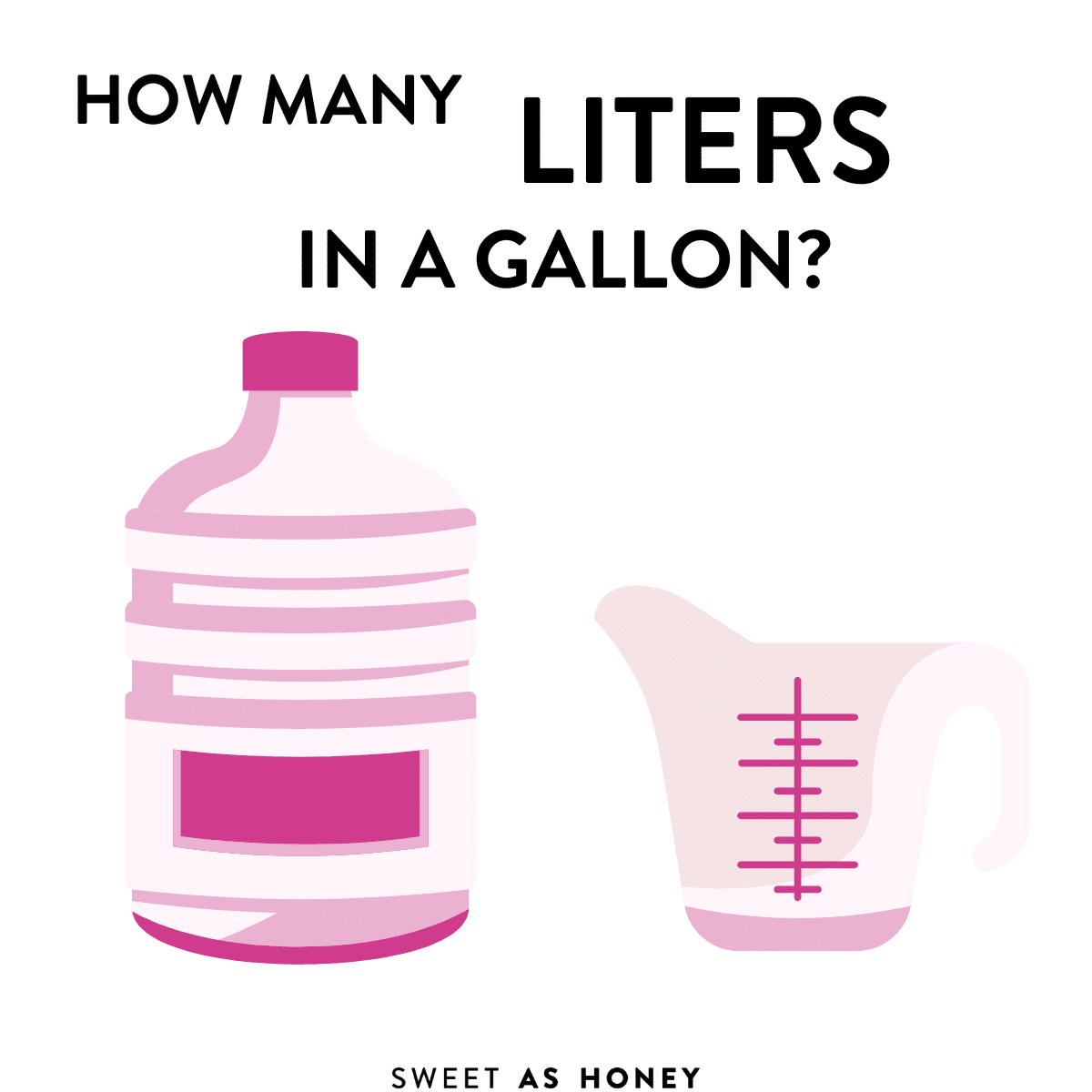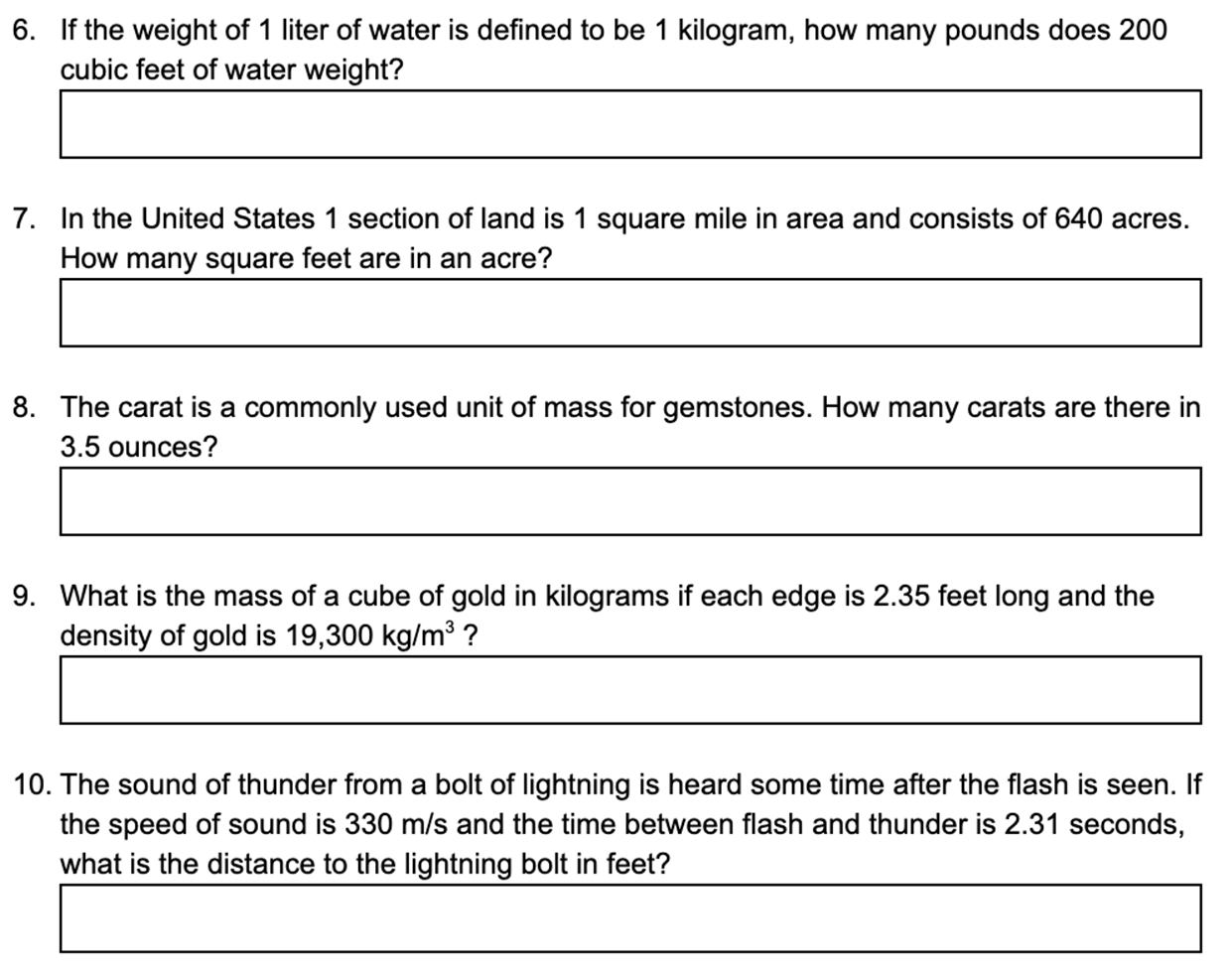Have you ever wondered how much a liter of water weighs? It might seem like a simple question, but the answer isn’t always straightforward. You might be tempted to say “one kilogram,” but that’s only true under specific conditions. The weight of a liter of water depends on its temperature and purity. So, how do we figure out how many kg are in a liter of water?

Image: ar.inspiredpencil.com
This question popped into my head while grocery shopping. I was trying to decide between buying a large bottle of water or a smaller one, and I wanted to know how much water I was actually getting. I realized that I couldn’t just look at the volume measurement on the bottle; I also needed to consider the weight. This got me thinking: what is the relationship between volume and weight when it comes to water?
The Relationship Between Weight and Volume of Water
The key to understanding how many kilograms are in a liter of water lies in understanding the relationship between volume and weight. Volume refers to the amount of space a substance occupies, while weight is a measure of the force of gravity acting on that substance. For water, the relationship between volume and weight is determined by its density, which is the amount of mass per unit volume.
Water has a density of approximately 1 kilogram per liter at 4 degrees Celsius (39.2 degrees Fahrenheit). However, water’s density changes slightly with temperature. As the temperature increases, the water expands, causing its density to decrease. This means that a liter of water at 4 degrees Celsius will weigh slightly more than a liter of water at room temperature.
Understanding the Metric System
The metric system is based on ten, making it relatively easy to convert between units. A liter is a unit of volume, and a kilogram is a unit of mass. One liter of pure water at 4 degrees Celsius weighs exactly one kilogram.
This relationship makes the metric system very convenient for making measurements and calculations related to water. For example, if you have a container that holds 2 liters of water, you know that it will weigh 2 kilograms. If you have a container that weighs 10 kilograms and it’s full of water at 4 degrees Celsius, you know that it contains 10 liters of water.
The Importance of Temperature
As we mentioned earlier, the temperature of water can affect its density and therefore its weight. As water warms up, its molecules move farther apart, causing the water to expand and become less dense. This is why a liter of water at 20 degrees Celsius will weigh slightly less than a liter of water at 4 degrees Celsius.
The difference in weight might seem small, but it can become significant in certain applications. For example, in scientific experiments involving precise measurements, it’s important to account for the temperature of water to ensure accurate results. Similarly, in industries that rely on water density, such as the beverage industry, temperature control plays a crucial role in maintaining product quality.

Image: www.transtutors.com
Factors Influencing the Weight of Water
Beyond temperature, other factors can affect the weight of water, including:
- Dissolved impurities: Water that contains dissolved impurities, such as salts and minerals, will weigh more than pure water. This is because the impurities add to the total mass of the water.
- Pressure: Increased pressure can also cause water to become denser and therefore heavier. This effect is more pronounced at extremely high pressures, such as the depths of the ocean.
In everyday situations, it’s reasonable to assume that a liter of water weighs roughly one kilogram. However, for more accurate measurements, it’s important to consider the temperature and any dissolved impurities.
Tips for Estimating the Weight of Water
Here are some tips to help you estimate the weight of water in different scenarios:
- Use a scale: The most accurate way to determine the weight of water is to use a scale. Simply fill a container with water and weigh it. Then, subtract the weight of the empty container to find the weight of the water alone.
- Remember the “1 kg per liter” rule of thumb: For most practical purposes, you can assume that a liter of water weighs one kilogram. This rule of thumb is useful for quick estimates.
- Be aware of temperature variations: If you need a more precise measurement, account for the temperature of the water. Water at higher temperatures will be slightly lighter than water at lower temperatures.
FAQ
Here are some frequently asked questions about the weight of water:
How much does 10 liters of water weigh?
At 4 degrees Celsius, 10 liters of water weigh approximately 10 kilograms. This is based on the rule of thumb that each liter of water weighs approximately 1 kilogram.
Can you convert liters to kilograms directly?
Not directly. You can use the density of water (approximately 1 kg/liter) to convert between volume (liters) and mass (kilograms) when the water temperature is 4 degrees Celsius.
How much does a gallon of water weigh?
One US gallon of water weighs approximately 3.785 kilograms. This is because a gallon is a larger unit of volume than a liter.
How Many Kg In Liter Of Water
Conclusion
Understanding the relationship between weight and volume of water is crucial for various tasks, from simple household calculations to scientific experimentation. Remember that while the “1 kg per liter” rule of thumb is helpful in everyday scenarios, it’s essential to account for factors like temperature and dissolved impurities when accuracy is essential.
Are you interested in learning more about the fascinating properties of water? Let us know in the comments below!






